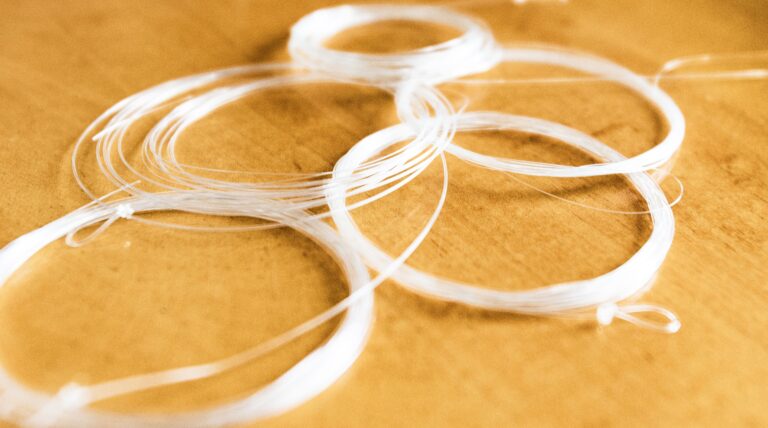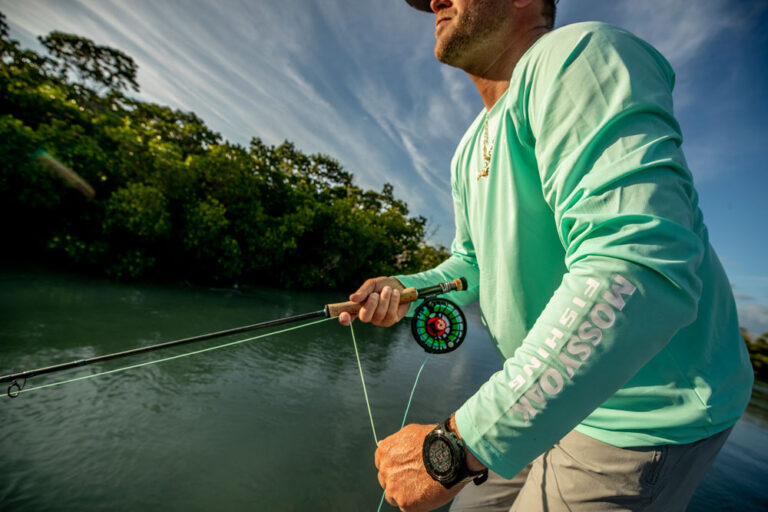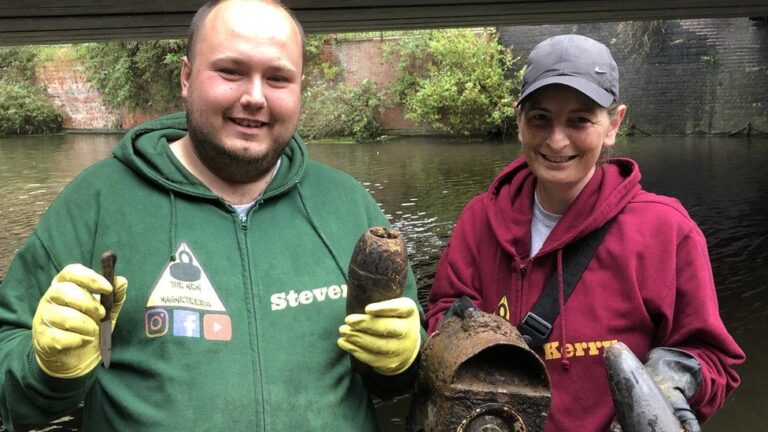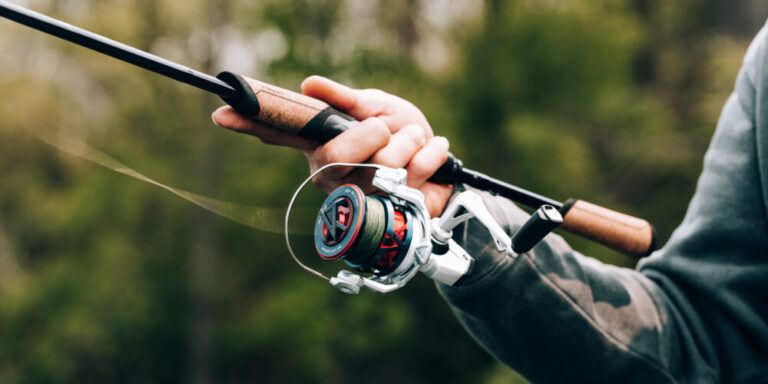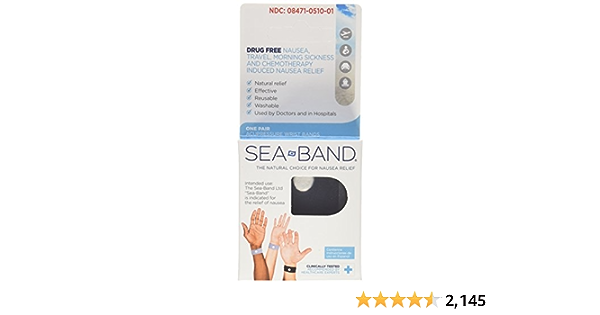To avoid catching turtles while fishing, use circle hooks and avoid using bait that turtles are attracted to. It is essential to be mindful of the environment and take measures to prevent accidental harm to wildlife.
Fishing can be a relaxing and rewarding activity, but it’s crucial to ensure that it is done responsibly and without causing harm to the environment. One concern that anglers may face is the accidental capture of turtles while fishing. Turtles are vulnerable creatures that can become entangled in fishing lines or injured by hooks, leading to serious consequences for their populations.
Fortunately, there are steps that can be taken to minimize the risk of catching turtles while enjoying a day on the water. By using circle hooks and selecting bait that turtles are not attracted to, anglers can actively contribute to the protection of these fascinating creatures. This article will delve into practical tips and techniques to avoid catching turtles while fishing, ensuring a harmonious coexistence between fishermen and marine wildlife.

Credit: www.fisheries.noaa.gov
Understanding The Impact Of Turtle Bycatch
Turtles are fascinating creatures that have been around for millions of years. However, their populations are facing a significant threat due to bycatch in fishing activities. Understanding the impact of turtle bycatch is crucial in order to preserve these incredible creatures and promote responsible fishing practices.
In this section, we will explore the importance of turtle conservation in fishing, the devastating effects of turtle bycatch, and the significance of practicing responsible fishing techniques.
The Importance Of Turtle Conservation In Fishing
- Turtles play a vital role in maintaining the balance of marine ecosystems. They help control populations of jellyfish and other invertebrates, which can overrun certain habitats if left unchecked.
- By conserving turtles, we can ensure the preservation of marine biodiversity and protect other species that rely on their presence in the ecosystem.
- Turtle conservation also contributes to the sustainability of fisheries, as a healthy marine environment supports productive fish populations. Fishing practices that prioritize turtle conservation can lead to better long-term outcomes for both turtles and fishermen.
The Devastating Effects Of Turtle Bycatch
- Bycatch refers to the accidental capture of non-target species, including turtles, during fishing activities. It is estimated that millions of turtles are caught as bycatch each year, leading to serious population declines in some species.
- Turtle bycatch is particularly high in certain types of fishing gear, such as longlines, trawls, and gillnets. These gears can unintentionally entangle turtles, leading to injury, drowning, or death.
- The loss of turtles due to bycatch disrupts the delicate balance of marine ecosystems and can have cascading effects on other species and their habitats.
The Importance Of Responsible Fishing Practices
- Responsible fishing practices are essential in reducing turtle bycatch and promoting sustainable fisheries. Implementing measures such as using turtle excluder devices (teds) in trawl nets or circle hooks in longline fishing can significantly minimize turtle interactions.
- Fishing gear modification, as well as educating fishermen about the importance of avoiding turtle bycatch, are crucial steps towards a more sustainable fishing industry.
- Monitoring and enforcing regulations related to turtle conservation in fishing are vital to ensure compliance and protect turtle populations from further decline.
Remember, as fishermen, we have the power to make a positive impact on turtle conservation. By understanding the impact of turtle bycatch, adopting responsible fishing practices, and actively supporting turtle conservation efforts, we can contribute to the preservation of these magnificent creatures for future generations.
Let’s protect our oceans and the amazing life they hold.
1. Choosing The Right Fishing Gear
Choosing The Right Fishing Gear
Fishing can be an enjoyable and rewarding activity, but it’s important to be mindful of the impact it can have on the environment, especially when it comes to unintentionally catching turtles. By choosing the right fishing gear, you can greatly reduce the risk of turtle bycatch and help protect these magnificent creatures.
Here are some key points to consider:
Using Turtle-Friendly Hooks
When fishing, the type of hook you use can make a big difference in the likelihood of catching turtles. By opting for turtle-friendly hooks, you can minimize the chances of accidental entanglement. Some key points to keep in mind are:
- Use circle hooks: Circle hooks are designed to reduce hooking injuries and improve the chances of catching the fish in the mouth rather than the gut. This design makes them less likely to snag onto a turtle’s flipper or mouth, minimizing harm.
- Choose smaller hooks: Smaller hooks are less likely to be accidentally ingested by turtles, reducing the risk of internal injuries. Opt for hooks appropriate for the size of fish you are targeting to avoid catching larger or unwanted species.
Opting For Circle Hooks To Reduce Turtle Bycatch
Circle hooks are an excellent choice for minimizing turtle bycatch, as they significantly reduce the chances of accidental hooking and entanglement. Here are some reasons why circle hooks are a better option:
- Prevent gut hooking: Circle hooks are specifically designed to hook fish in the corner of the mouth, reducing the risk of turtles swallowing the bait and getting hooked deep in their throat or gut.
- Enhance catch-and-release practices: If you do accidentally catch a turtle, it is far easier to release it unharmed when using circle hooks. Their unique shape makes it easier to remove the hook without causing additional harm or stress to the turtle.
- Wide range of options available: Circle hooks are available in various styles and sizes, making them suitable for different fishing techniques and target species. It’s essential to match the hook size to your fishing needs and the species you are targeting.
Selecting The Appropriate Line Strength To Avoid Turtle Injuries
Choosing the right line strength is crucial to avoid causing injuries or unnecessary stress to turtles. Here are a few considerations when selecting the appropriate line strength:
- Use lighter lines: Lighter lines are less likely to cause harm to turtles if they become entangled or caught accidentally. They have a higher chance of breaking when encountering resistance, minimizing potential injuries to the turtles.
- Avoid using heavy sinkers: Heavy sinkers can increase the likelihood of turtles getting entangled in your fishing gear, as they are more likely to come in contact with the line. Opt for lighter sinkers to reduce the risk of accidents.
- Be mindful of the environment: Consider the fishing environment and adjust your line strength accordingly. In areas where turtles are known to inhabit or frequent, opting for lighter lines can decrease the chances of unintentional harm.
By choosing the right fishing gear, such as turtle-friendly hooks and appropriate line strength, you can significantly reduce the risk of catching turtles while fishing. Being mindful of the impact of your actions on the environment ensures a more sustainable and enjoyable fishing experience for everyone.
So, next time you head out on a fishing trip, remember these crucial steps to protect these amazing creatures. Happy fishing!
2. Modifying Fishing Techniques
Fishing is a popular recreational activity enjoyed by many, but it is crucial to be mindful of our impact on the environment, particularly when it comes to catching turtles. Modifying fishing techniques can play a significant role in reducing the unintentional capture of these magnificent creatures.
By implementing the following strategies, anglers can enjoy their fishing experience while minimizing the risk to turtles.
Avoiding Areas Known For High Turtle Density
To minimize the chance of unintentionally catching turtles while fishing, it is essential to avoid areas with high turtle density. By conducting some research or consulting with local fishing authorities, you can identify areas where turtle populations are known to be abundant.
This way, you can plan your fishing trips to locations with lower turtle densities, reducing the risk of accidental capture.
Here are some key points to remember:
- Research and identify areas with high turtle populations.
- Consult with local fishing authorities for guidance.
- Plan your fishing trips to areas with lower turtle densities.
Using Trawls And Nets With Excluder Devices
Trawls and nets are commonly used in fishing, but they can pose a risk to turtles when not used correctly. However, by incorporating excluder devices into your gear, you can significantly reduce the chances of turtles becoming entangled. Excluder devices allow smaller marine animals, like turtles, to escape while retaining the desired catch.
Consider the following when using trawls and nets:
- Purchase or modify your trawls and nets to include excluder devices.
- Regularly inspect and maintain the excluder devices to ensure they are working effectively.
- Properly handle any unintended catch, such as fish or other marine life, to keep them safe.
Employing Turtle-Safe Techniques Such As Longline Fishing
Longline fishing is a turtle-safe fishing technique that can be adopted to minimize unintended turtle captures. This technique involves using a main fishing line with multiple baited hooks suspended from it. By spacing the hooks further apart, anglers can reduce the likelihood of a turtle unintentionally biting onto one.
Consider the following when employing longline fishing:
- Space out hooks at a safe distance to reduce the risk of turtles being caught.
- Check the lines regularly to remove any unintended catch promptly.
- Dispose of any discarded fishing lines or hooks responsibly to prevent harm to marine life.
Remember, as anglers, it is our responsibility to practice sound conservation methods and avoid unintentional harm to marine species. By modifying our fishing techniques and being mindful of areas with high turtle density, we can contribute to the protection of these remarkable creatures and ensure a sustainable fishing experience for generations to come.
Happy fishing!
3. Practicing Responsible Fishing
Fishing is a popular pastime enjoyed by many people around the world. However, it is important to be aware of the potential impact fishing can have on marine wildlife, particularly turtles. These magnificent creatures can become accidentally caught in fishing gear, leading to injury or death.
To ensure we minimize harm to turtles while enjoying our favorite hobby, practicing responsible fishing is crucial. In this section, we will explore three key ways to ensure a turtle-friendly fishing experience.
Proper Handling And Release Of Accidentally Caught Turtles
When accidentally catching a turtle while fishing, it is essential to handle it properly to minimize harm. Here are some guidelines to follow:
- Gently and carefully remove the turtle from the fishing gear, taking care not to injure the animal or yourself.
- Keep the turtle in the water, as exposure to air for extended periods can be harmful.
- Avoid using hooks that cause excessive damage, such as treble hooks. Opt for barbless hooks to make releasing the turtle easier.
- Use a net or a turtle-friendly hook release tool to safely release the turtle, ensuring it can swim away without further harm.
Educating Others On Turtle Conservation And Bycatch Mitigation
One of the most effective ways to protect turtles while fishing is by spreading awareness and educating others about conservation measures. Here are some ways to do this:
- Share your knowledge and experiences with fellow anglers, emphasizing the importance of responsible fishing practices.
- Encourage others to join efforts in reducing bycatch and promoting turtle-friendly fishing techniques.
- Distribute informational brochures or flyers at fishing spots, providing details on how to avoid catching turtles and the significance of their conservation.
Supporting Organizations Promoting Turtle-Friendly Fishing Practices
Several organizations are dedicated to protecting marine wildlife and promoting turtle-friendly fishing practices. By supporting these organizations, we can contribute to their conservation efforts. Here’s how you can lend your support:
- Donate to reputable turtle conservation organizations that work towards mitigating bycatch and protecting turtle habitats.
- Participate in community programs or events organized by these organizations to learn more about their initiatives and contribute to their cause.
- Share information about these organizations on social media and encourage your friends and family to get involved.
By practicing responsible fishing, educating others on turtle conservation, and supporting organizations promoting turtle-friendly practices, we can help ensure the protection and longevity of these incredible creatures. Remember, every action counts in safeguarding our marine ecosystems for future generations to enjoy.
Conclusion
To avoid accidentally catching turtles while fishing, always be mindful of the environment and the potential impact your actions may have. Firstly, choose fishing spots that are known to have fewer turtle populations or are far away from their normal habitat.
Secondly, use turtle-friendly fishing gear such as circle hooks, which are less likely to hook turtles and can be easily removed. Additionally, attach a turtle excluder device (ted) to your shrimp trawls, as this can help in repelling turtles and preventing them from getting trapped.
When handling a turtle, do so gently and avoid harming its delicate shell or limbs. Finally, spread awareness about the importance of turtle conservation and encourage others to adopt turtle-friendly fishing practices. By following these guidelines, we can contribute to the protection of these magnificent creatures and ensure their survival for future generations.
Happy and responsible fishing!

